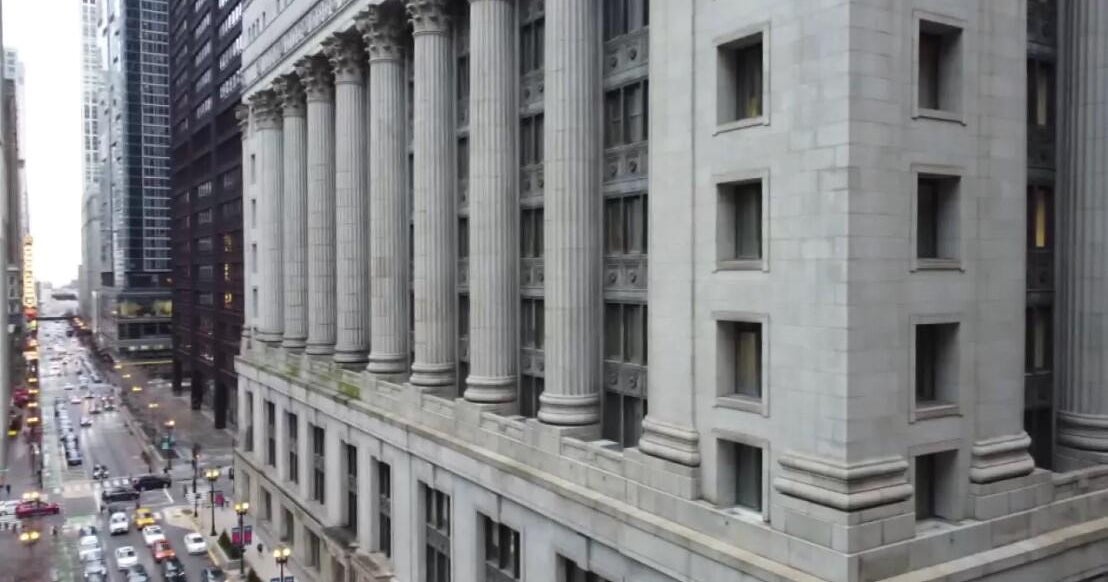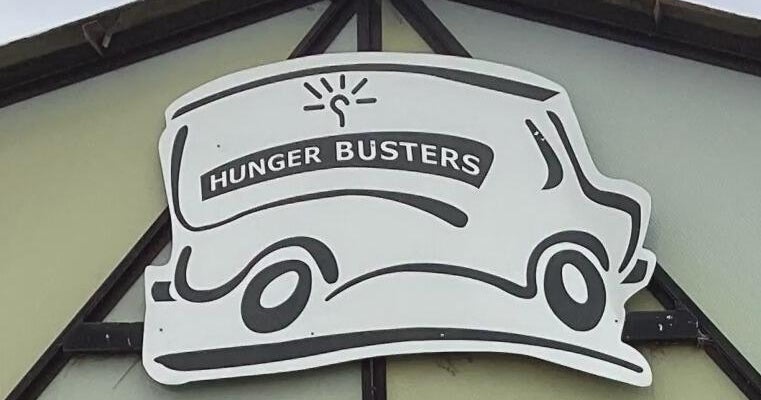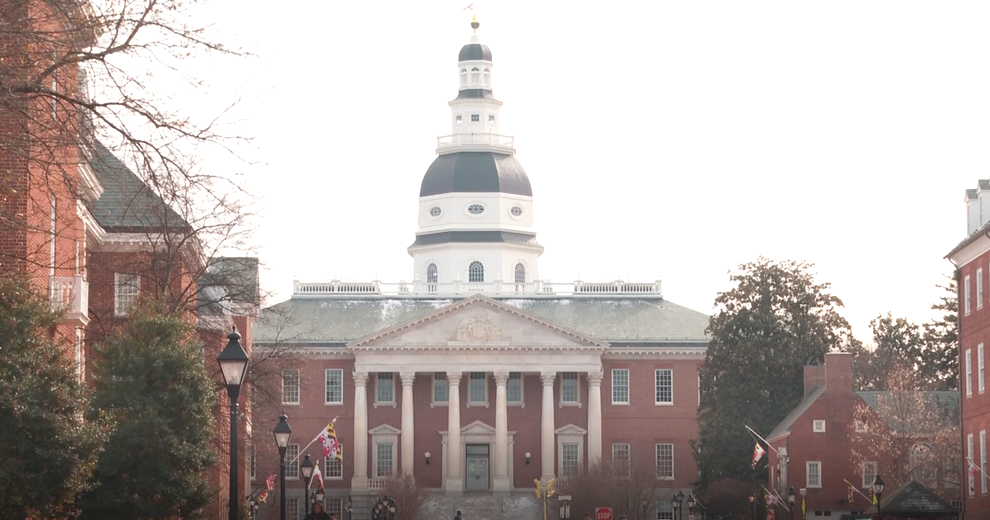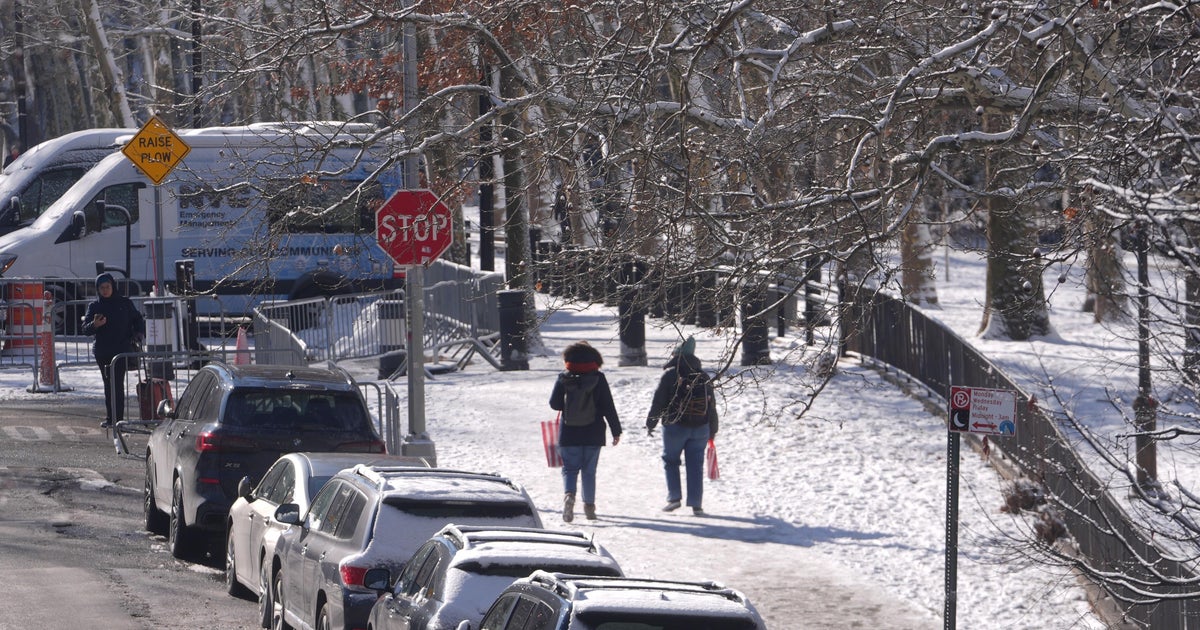Behind the Red Tape: Nonprofits say they're not being paid due to New York City's strangling bureaucracy
NEW YORK -- Nonprofit organizations providing everything from early childhood education to senior services are the backbone of New York City's social services network. Now, many can't pay the bills.
Organizations say they're being strangled by bureaucracy.
Empty halls, abandoned tricycles and rooms full of desks and chairs are what's left of the Harriet Tubman Early Childhood Education Program. It's one of six schools run by Sheltering Arms, a 200-year-old nonprofit that is closing.
A major reason is millions of dollars in late contract payments from the city, which has an approval process best described as byzantine. It can take as many as 300 days for a nonprofit to get paid.
"It's not one thing that brings an organization like Sheltering Arms to make these kind of decisions. It's a mix of delayed payments, contracts that take years to register," said Michelle Jackson, executive director of the NYC Human Services Council.
Jackson represents about 170 nonprofits that teach the young, help the homeless, provide mental health services, and aid the elderly. She says many, like Sheltering Arms, are on the brink of insolvency because of the city's archaic bureaucracy.
"We have organizations who are owned $20 million or $30 million from government. While they continue to provide these services, they can't hire and retain staff and contracts don't cover the real cost of providing these services," Jackson said.
It's so bad, a city task force found that more than 1,800 nonprofits were in danger of closing in 2021.
Comptroller Brad Lander says there are so many steps to getting a contract registered that it can take almost a year for the money to flow.
Multiple agencies, including the Law Department, the Budget Department and the Mayor's Office of Contract Services have to individually green light a contract before it gets to his office.
"Obviously, we couldn't do that with our schools, or our police precincts or our fire houses and say you start keeping us safe on July 1 and we'll get around to paying you next May," Lander said. "It's time to fix it because our nonprofits, they just can't afford to operate."
The city's Joint Task Force to get Nonprofits Paid on Time found that 75% of the contracts were registered so late that organizations were forced to take out loans to make ends meet.
"I think paying interest on late contracts that are late registered would be extremely helpful," said John MacIntosh of Seachange Capital Partners.
MacIntosh is with a firm that provides loans to nonprofits. He believes financial penalties might force the city to up its game, and says the city also has to find a better way to support groups that help the needy.
"Without healthy nonprofits, this city is a dystopian nightmare -- no afterschool, no summer programs, no programing in the park, no homeless shelters," MacIntosh said.
A spokesperson for the mayor says he has started a program to clear the backlog that has helped 450 providers, but there is more work to do. Some of the reforms will require state legislation.
CBS2 will keep covering this tangle of red tape and will follow up.








